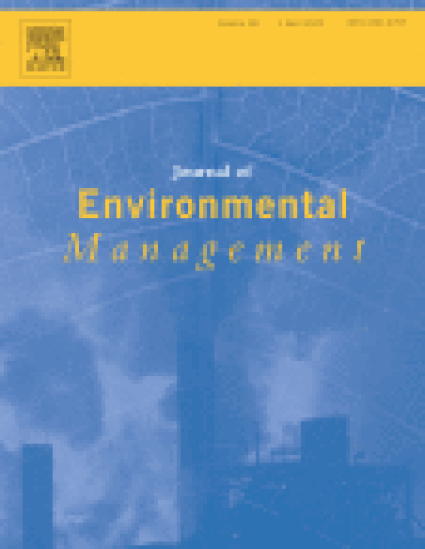
Article
Social-ecological system of the Kenai River Fishery (Alaska, USA)
Journal of Environmental Management
(2023)
Abstract
We present a collaboratively developed social-ecological model of the Kenai River Fishery. We developed the model through iterative interviews with stakeholders throughout the Kenai Peninsula using a novel participatory Fuzzy Cognitive Mapping process grounded in Ostrom's social-ecological systems framework. Individual social-ecological models, developed one-on-one with stakeholders, were combined into a single aggregated model representing the system's structure and function. We validated this aggregated model through subsequent interviews with stakeholders and focused literature reviews. The result is a model that can: 1) illustrate the breadth and interconnectedness of the Kenai River Fishery's social-ecological system; 2) be used to facilitate discussions around management of the fishery; and 3) be used to explore the components and interactions that move the system toward or away from sustainability. Using the model, we identify how the nature of salmon (migratory) and their habitat (large and unpredictable) leads to uncertainty about effective management strategies. This uncertainty, in addition to a large and diverse set of resource users, creates conflicting management goals that ultimately limit the governance system in making decisions that might increase the sustainability of the fishery.
Disciplines
Publication Date
2023
DOI
https://doi.org/10.1016/j.jenvman.2023.117314
Citation Information
Christopher L. Lant. "Social-ecological system of the Kenai River Fishery (Alaska, USA)" Journal of Environmental Management Vol. 331 (2023) p. 117314 Available at: http://works.bepress.com/christopher_lant/247/
